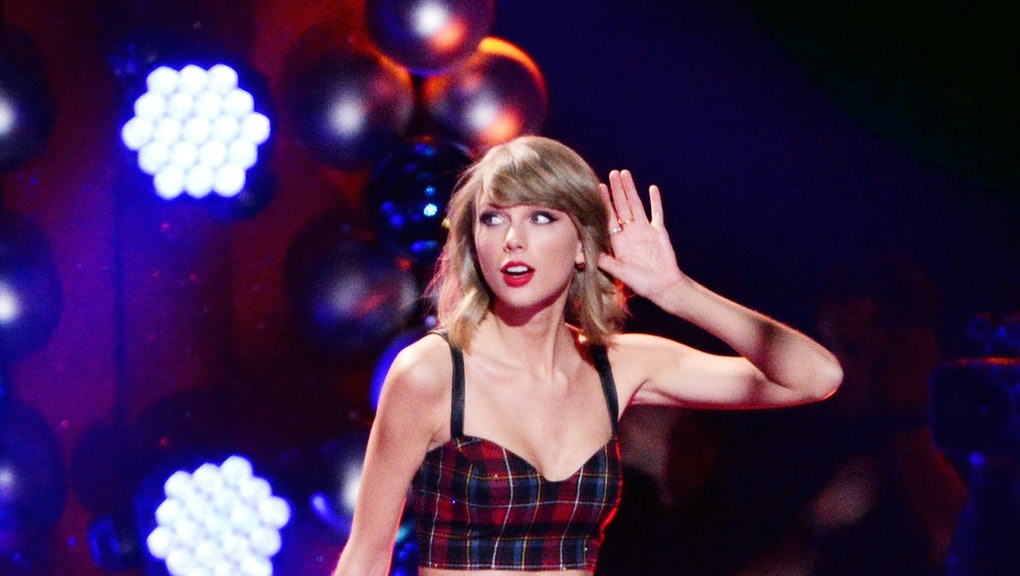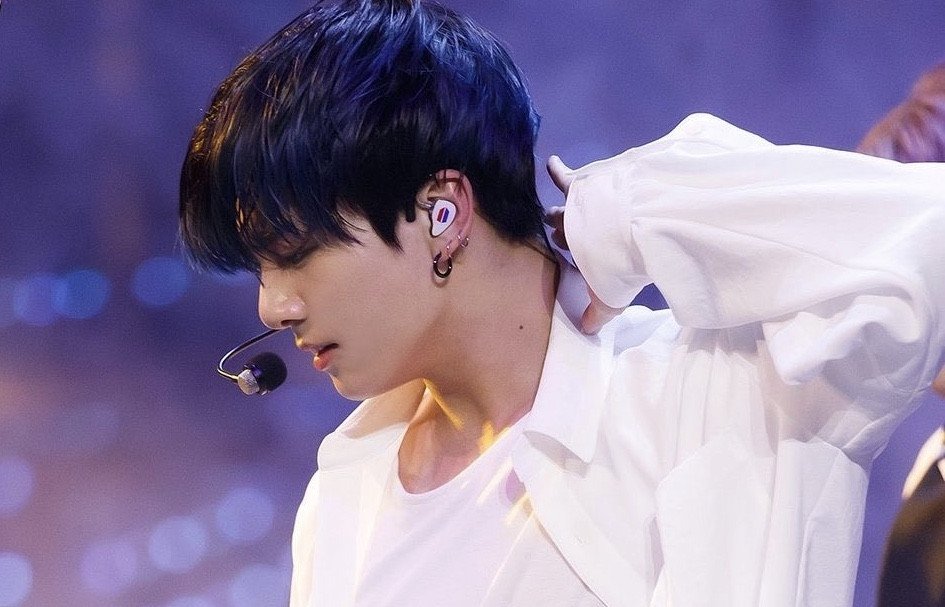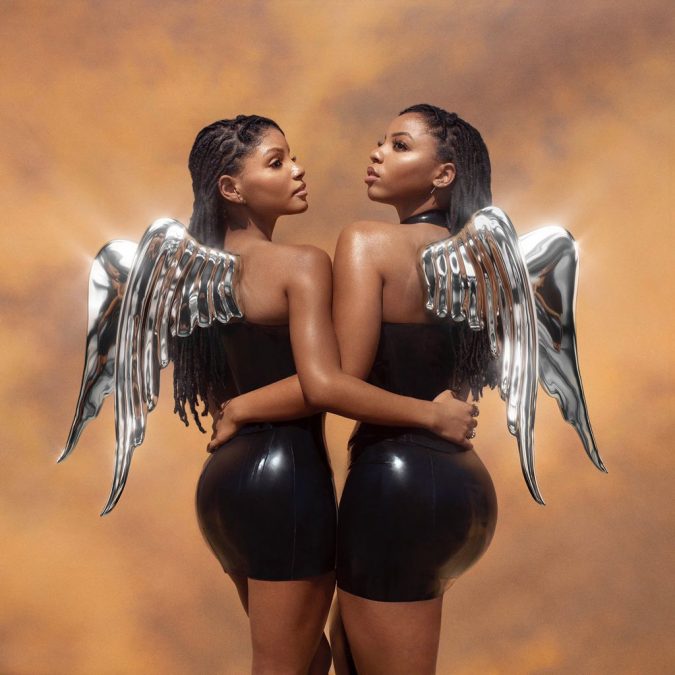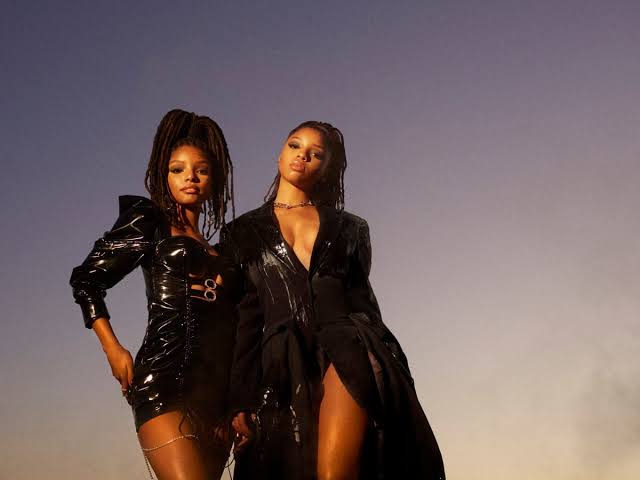What is Pop Music?
The list of music genres continues to grow every year as musicians continue to experiment with varying sounds. The evolution of the music industry has changed the popularity of certain music genres, one of which is pop music.
What defines pop music?
As pop music and other genres evolve, their distinctions become harder to navigate. Focused vocals are shared between pop and soul music, while the type of beats that define R&B or EDM can also be found in some pop music.
Pop Stardom
From a general standpoint to cover the pop music genre as a whole, a defining characteristic is the pop singer itself. Singers in the pop genre are analyzed heavily in the public eye. From their relationships, social media, and extreme fan bases, pop singers can no longer release music without some part of their personal lives being intertwined.
Pop music generally attracts the younger population due to its sound, and these young fanbases get plugged into pop stars in several ways besides their music. And as the pop industry continually progresses, pop stars are releasing more personal music to match the increasing demand from fans and critics alike.
Why is it called pop music?
Pop music got its name from the term “popular music”. When pop music first came about in the 1950s, it was thought of as popular music intended on attracting the masses and general public. During this time pop and rock music were generally seen as popular music, but as time went on the distinction between pop and rock music became normalized.
Eventually “pop” became used instead of “popular”, and now it’s simply called “pop music”.
Is pop music the same as popular music?
Historic understanding of popular music
As shared in a previous section, in the 1950s pop music originally got its name from the term “popular music”. And so during this time pop music and popular music referred to the same music genre.
Check out a video compilation of popular 50s songs here.
Current understanding of popular music
Nowadays, popular music refers to music that is popular across all genres of music, while pop music refers to a specific genre within music. For example, popular music could very well be rap music, or r&b music, or pop music — there’s no distinction between what can be popular now.
Therefore pop music can be considered popular music, but popular music does not necessarily refer to pop music.
How do you know if a song is pop?
Because music genres are constantly evolving and new artists emerge with their own style, it is sometimes difficult to determine the genre a song falls into. Let’s walk through some ways to determine whether a song is considered pop, from easiest to hardest.
Is the song by a pop artist?
This step is pretty simple. Pop artists mainly produce pop music. Therefore if you see a song is produced by a popular pop star, you can attribute that song to the pop genre. Again, pop artists are capable of producing music that fall in other genres, but this is a safe rule of thumb.
Does the song combine synthetic beats with strong vocals?
Pop songs typically feature clear, pronounced vocals from the singer. In short, pop songs revolve around singing — not rapping or electronically repeated phrases.
Along with that, pop songs often use synthetic beats. Live instrumentation is not common for a pop recording, neither is an acapella arrangement — however it is common for pop singers to try such arrangements for live performances.
Does the song sound closer to a different genre?
If it remains unclear whether a song is in the pop genre, try thinking about what other genres it could belong to — and then think whether the song fits more into another genre. For example, there are artists who create pop and r&b music like Justin Bieber and Justin Timberlake, or other artists who create pop and rap music, such as Doja Cat. Sometimes these artists create music that leans strongly on a specific genre, and other songs that use elements of both at the same time. In such cases, it is fair to label a song as belonging to pop and whatever other genre the music artist has infused with it.
Is pop music still popular?
Pop music is very popular and will likely remain so for a while. However, pop music does not dominate the music space as it once did.
Rap Dominance
Rap music has progressively dominated the Billboard charts in recent years more than ever. Many of the biggest music sales weeks have come from rap artists, with only a handful of traditional pop stars remaining capable of big album sales now.
Pop Music Changing
Pop music was once dominated by pop music bolstered by a dance beat or catchy melody — acts such as Lady GaGa, Katy Perry, and Britney Spears had a strong presence in pop music around this time.
Check out our article about how Lady GaGa got discovered here.
However, the fallout of the Artpop era by Lady GaGa signaled a beginning for pop music to become more personal rather than manufactured. While some pop artists handled this shift perfectly, such as Taylor Swift, Adele, and Ariana Grande, other pop artists waned in popularity with music that could not keep up with changing trends.
Why is pop music so successful?
Pop music is one of the biggest industries in music, and that is for multiple reasons.
Youth Appeal
Of all other music genres, pop music is one of the most accessible to youth. Rap and r&b often contain explicit material for children, EDM music is associated with the club scene that children cannot access, and other genres like rap are generally less popular now.
A successful pop song can appeal to both kids and youth alike since it is acceptable for the genre to contain clean lyrics. Taylor Swift is a prime example of a pop star with major appeal across audiences due to her non-explicit lyric content.
Accessible
Pop music is one of music genres where the music artist is not expected to create their own material. Although rap music is changing, there is still a stigma put onto rappers who do not write their own songs. However, a pop singer can have a team of writers create their material with no problem at all — all that matters for pop music is that the song is catchy.
In addition, the vocal requirement for pop singers is diminishing. For example, Whitney Houston, Christina Aguilera, Celine Dion, and Mariah Carey are some extremely talented pop singers heralded for their vocal capability; in comparison to now, pop artists like Billie Eilish and Selena Gomez have found high prominence with stripped down and minimalist vocal performances.
Conclusion
With the information discussed in this article, the question, “What is pop music?”, should be much clearer now.
Although originally intended as commercial music to attract the masses, pop music is developing into a more personal genre to match its peers. While the stardom put onto pop artists is no different than before, the engagement with which they’re expected to engage with fans has become more personal.
Let’s see how this propels pop music to evolve further.







